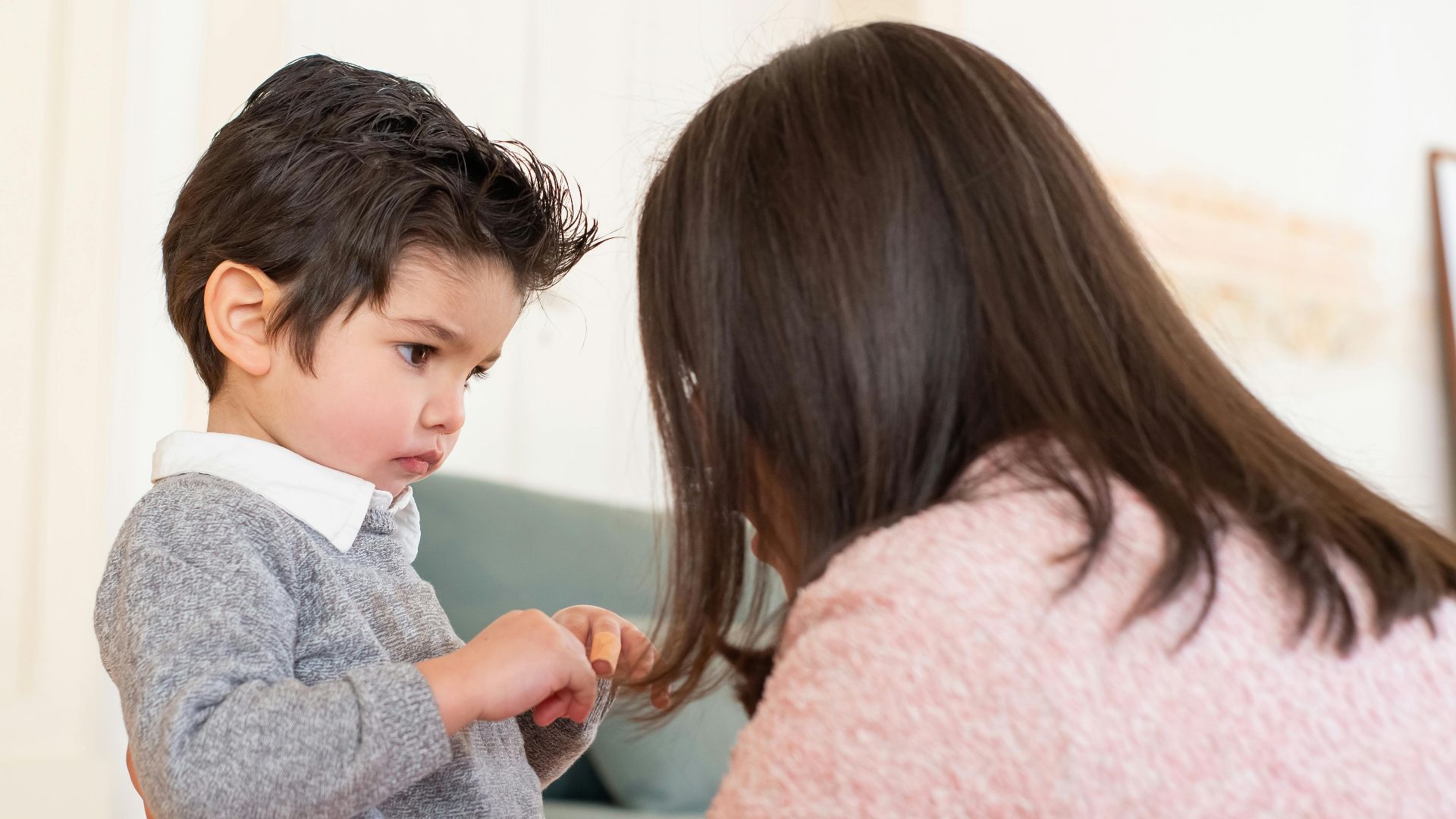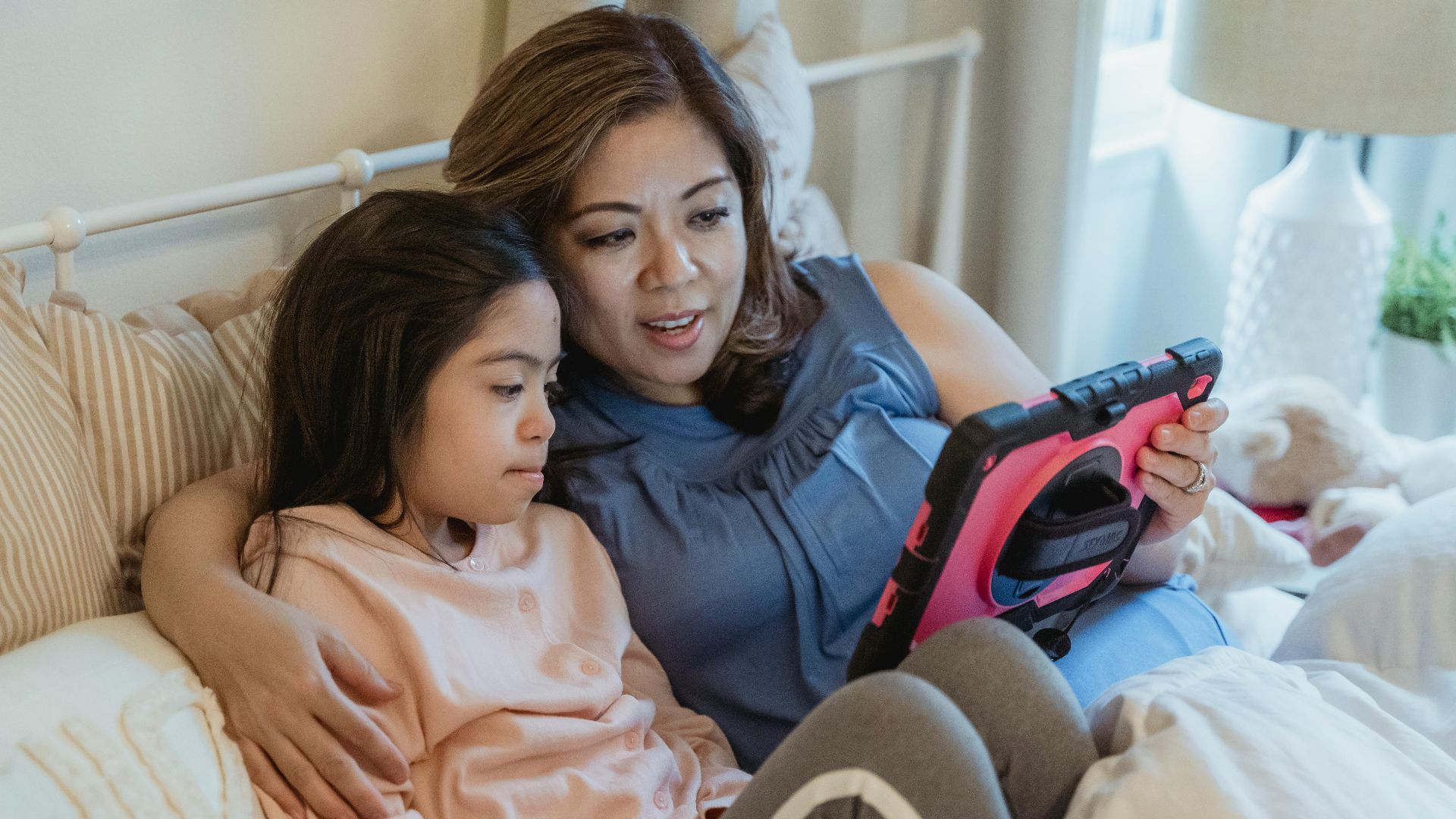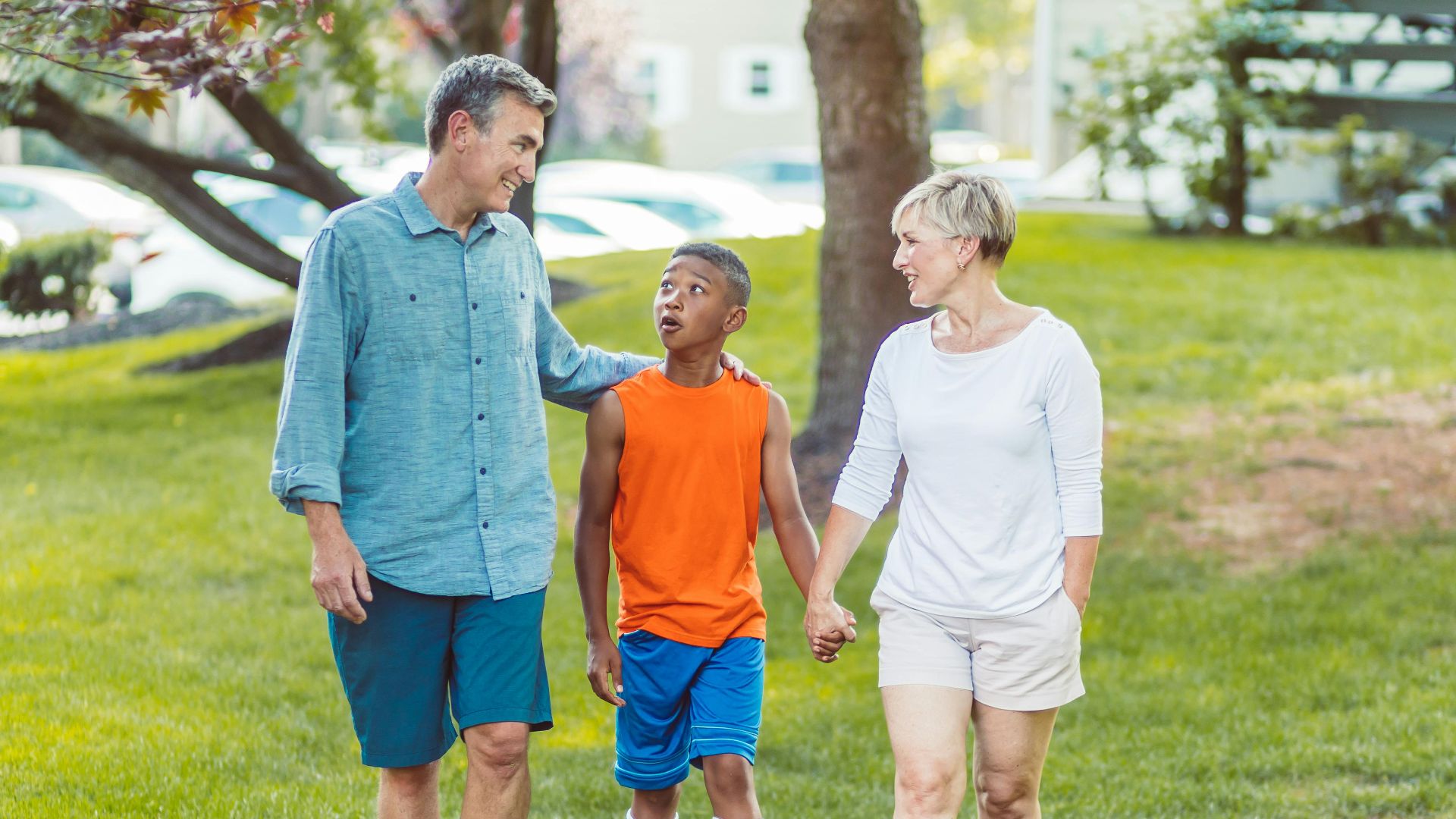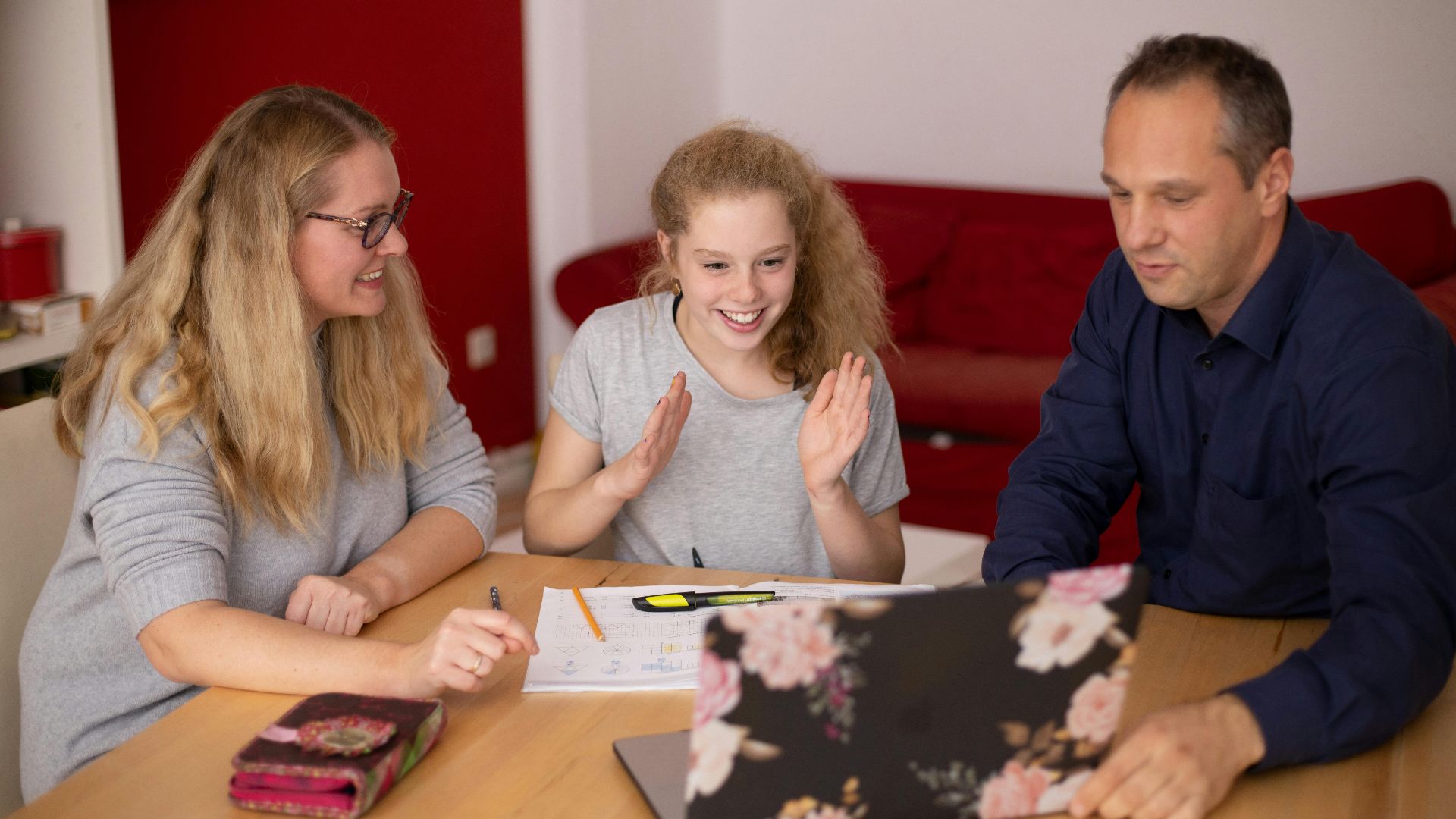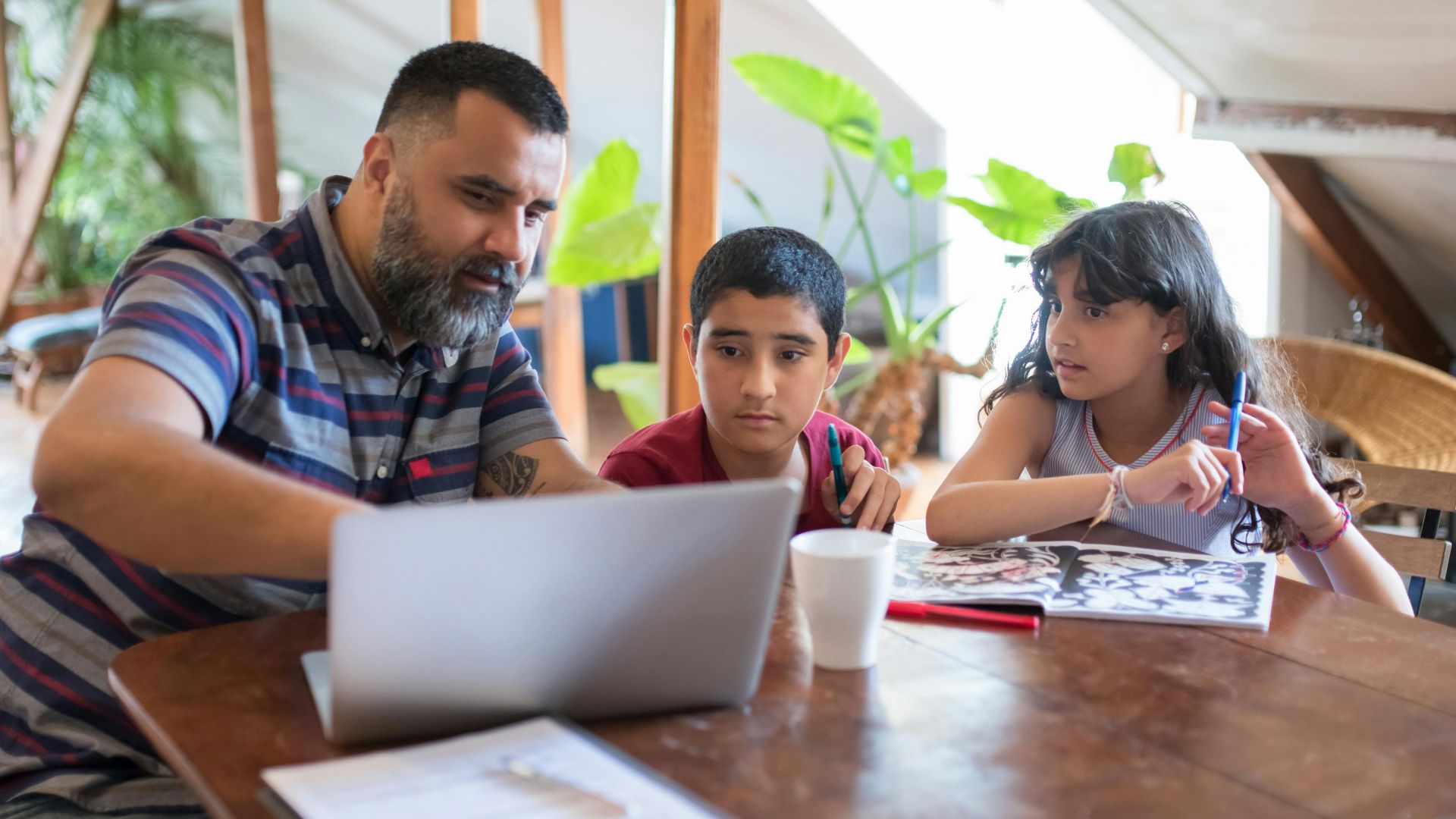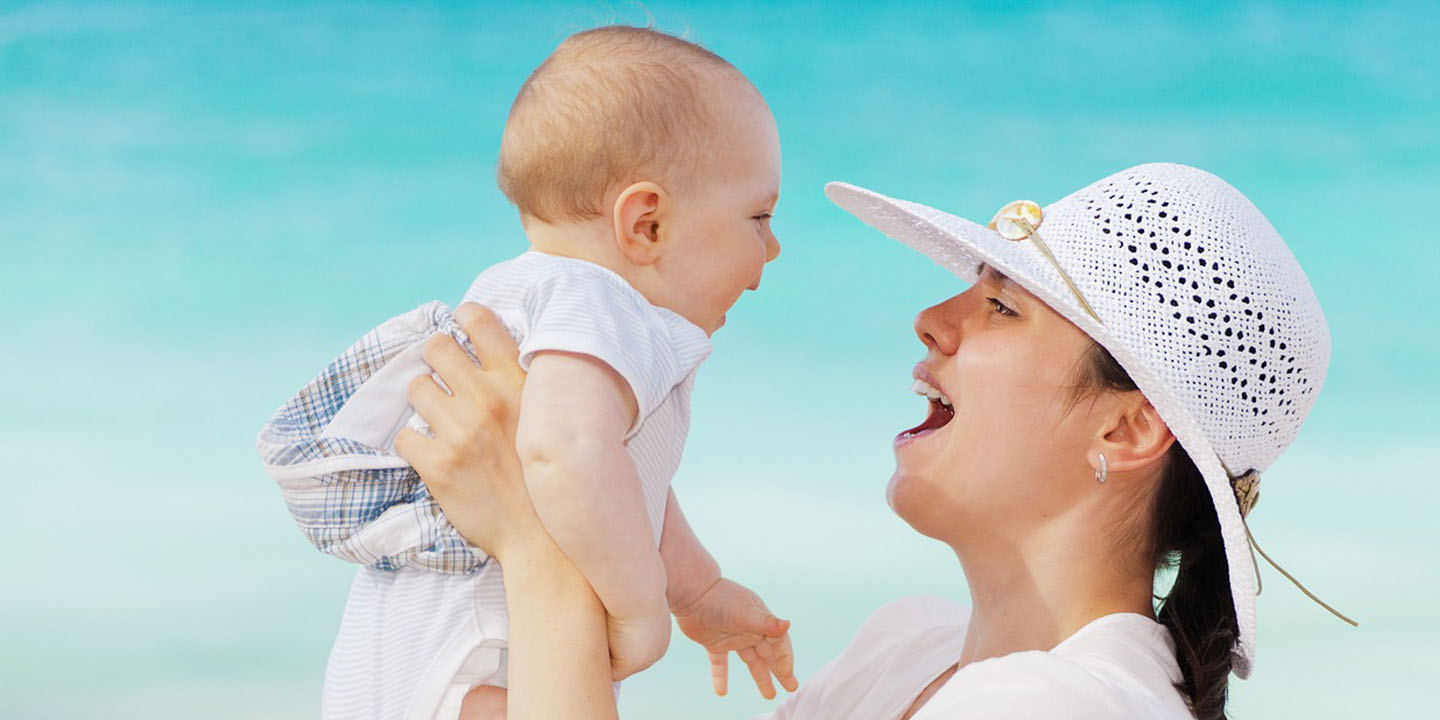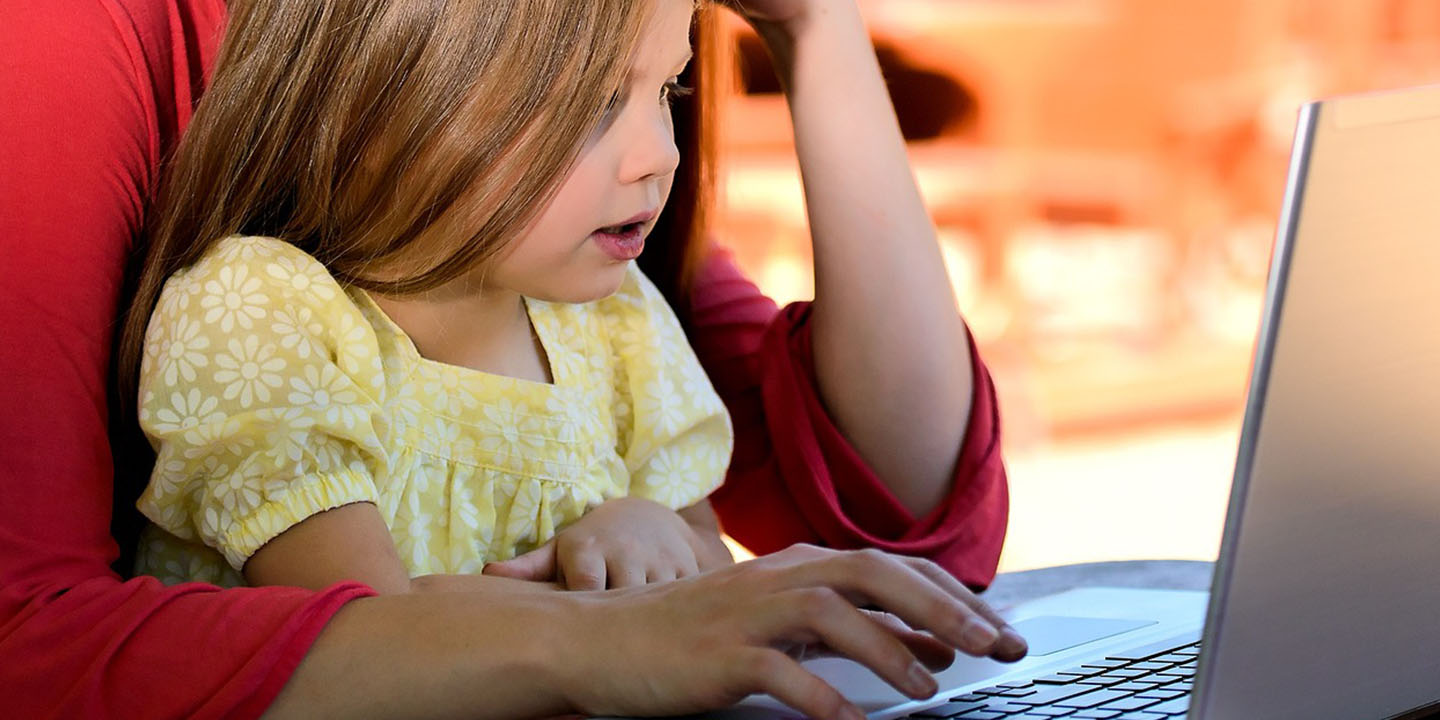Preparing Kids For Modern Living
Parenting has always been about passing wisdom forward, yet many of us now realize that some things we needed as children were left unsaid or unexplored. The lessons your parents skipped—maybe because they didn’t know or lived in a different time—are the very lessons your kids need the most right now. Today’s world asks children to grow with resilience, empathy, and awareness in ways past generations never imagined. As parents, we must ensure they’re prepared. So here are 20 things your parents never taught you that you should impart to your kids.
1. Recognizing And Regulating Emotions
Emotional intelligence opens doors to meaningful connections. Through validation and acceptance, children develop resilience that carries into adulthood. Modern parents emphasize healthy emotional expression, therefore creating building blocks for self-awareness and stronger relationships throughout life.
2. Digital Privacy And Safe Sharing
Co-viewing digital content with kids creates teachable moments for better online behavior. Parents must now tackle personal data privacy as a fundamental responsibility and discuss cyberbullying openly. Meanwhile, screen time monitoring tools help establish healthy boundaries.
3. Consent And Respecting Boundaries
Today, parents recognize the vital role of teaching consent and boundaries to their children. These lessons build a framework for safety and mutual respect and provide kids with age-appropriate guidelines. Children learn to communicate their limits clearly and honor others' choices.
4. Critical Thinking About Media And News
Smart media consumption starts with understanding source credibility. Parents who teach critical evaluation skills help their children deal with online content safely. Through collaborative learning about media literacy, kids develop the ability to spot misinformation and become more thoughtful digital citizens.
5. Mental Health Hygiene
Mental health support has evolved through parenting circles and family co-ops. These grassroots networks complement virtual communities that offer immediate assistance. By modeling coping strategies and maintaining open conversations about mental health, parents also encourage emotional well-being.
6. Financial Literacy Beyond Budgeting
Modern parents recognize that financial education starts at home. Through engaging apps and subscription programs, children learn saving and spending habits early. Today's financial literacy includes critical skills like digital money management and investing—topics previous generations often overlooked.
 Photo By: Kaboompics.com on Pexels
Photo By: Kaboompics.com on Pexels
7. Gender Equality And Challenging Stereotypes
Children flourish when gifts match their genuine interests rather than gender expectations. This mindset connects with broader changes, as major brands abandon traditional color-coding in toys and clothes. Additionally, gender-neutral parenting practices give children the freedom to discover who they are.
8. Climate Responsibility And Sustainable Living
Environmental education happens in modern households, with parents leading by example. Children learn about recycling and sustainable choices through daily activities. The broader goal extends beyond basic habits, as families embrace climate responsibility to secure a better future.
9. Respect For Cultural And Global Diversity
Traditional parenting often skipped formal diversity education, but modern parents emphasize teaching cultural appreciation. When children learn to respect different backgrounds, they do well in multicultural settings. Additionally, modeling respect at home while encouraging curiosity about global traditions develops essential understanding and empathy.
10. Digital Etiquette And Online Communication
Today’s parents recognize digital etiquette as essential for their children's future. Understanding the impact of online actions helps shape respectful digital citizens, and setting clear boundaries promotes healthy habits. Previous generations rarely discussed online communication, making this guidance particularly valuable today.
11. The Skill Of Networking Authentically
Active listening and authentic relationship-building create strong foundations for children's futures. Parents demonstrate these essential networking skills through respectful communication and genuine interest in others. Subsequently, kids develop natural abilities to form meaningful connections.
12. Recognizing And Challenging Social Bias
Social bias affects everyone's daily experiences, but questioning assumptions builds openness to diversity. Teaching children to recognize stereotypes helps develop much-needed empathy skills for today's inclusive society. Meanwhile, parents who model respect create opportunities for meaningful discussions about fairness.
13. Self-Advocacy In Schools And Work
Teaching kids to speak up builds essential life skills for academic and professional success. Through age-appropriate independence, children develop confidence and responsibility. At the same time, learning to express needs and ask for help creates capable individuals who handle challenges effectively.
14. The Importance Of Rest And Sleep
Today's families embrace sleep as fundamental to child development, moving past older generations' singular focus on academic achievement. Children now understand rest as essential for emotional balance and stress management while building sustainable habits for long-term success.
 Photo By: Kaboompics.com on Pexels
Photo By: Kaboompics.com on Pexels
15. Civic Engagement And Social Responsibility
Family-based programs create opportunities for kids to engage with local causes. Thanks to community service and civic duties, children better understand their role in society. Structured initiatives help young people recognize their responsibility to others and build lasting community connections.
16. Mindful Technology Consumption
Screen time doesn't require strict restrictions anymore. Instead, parents focus on balancing educational and recreational activities. Regular conversations about healthy digital boundaries help children develop focus and avoid overload, while mindful technology practices create helpful habits for our connected world.
17. Resilience Through Failure And Mistakes
Teaching kids to view mistakes as learning opportunities helps them develop resilience and confidence to try again. Building resilience prepares children for lifelong growth and adaptability, and modern parenting encourages children to view failure as a growth and learning opportunity instead of as a setback.
18. Nutrition Literacy Beyond “Eat Your Vegetables”
Food education has evolved significantly. Modern parents are expanding nutrition education to include how food choices affect energy, mood, and long-term health. Nutrition literacy now requires understanding food labels and meal balance—skills previous generations often missed teaching their children.
19. Creativity As A Problem-Solving Tool
Traditional problem-solving focused on fixed solutions, yet modern parents take a different path. They encourage children to tap into creativity when facing challenges. This approach builds independence through practical experience. Plus, it helps kids develop flexible thinking skills for future success.
 Photo By: Kaboompics.com on Pexels
Photo By: Kaboompics.com on Pexels
20. Collaborating Across Cultures And Time Zones
The ability to work effectively with people from different cultures and time zones shapes future success. Modern technology creates natural opportunities for cross-cultural teamwork, yet many parents overlook this skill. Through digital tools and global communities, children develop collaborative abilities.



